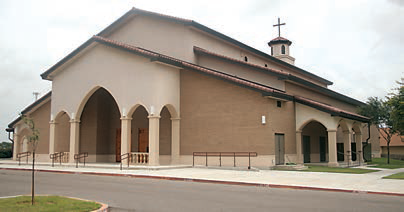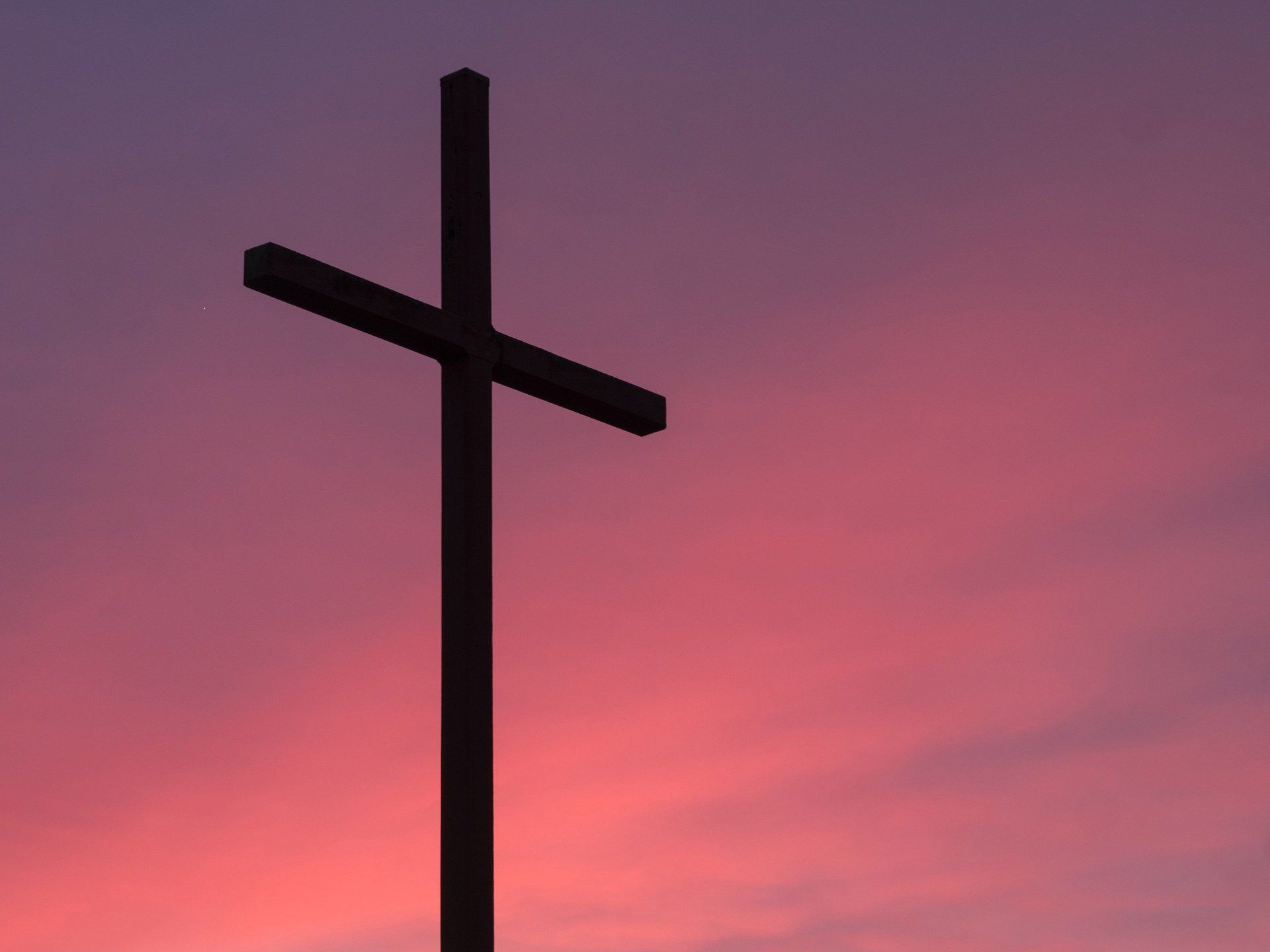Mass Times
St. Patrick Mission:
Saturday Vigil @ 4:00 p.m.
St. Thomas the Apostle:
Saturday Vigil @ 5:30 p.m.
Sunday Masses
@ 8:30 a.m. & 11:00 a.m.
Confession: By Appointment &
30 Minutes before Holy Mass
ST THOMAS the APOSTLE
WEEKDAY MASSES
MONDAY: No Mass
TUESDAY: 12:00 noon
WEDNESDAY: 12:00 noon
THURSDAY: 12:00 noon
(Holy Rosary 11:40 a.m.)
FRIDAY: 12:00 noon
(Divine Mercy 11:45 a.m.)
Parish Office Hours:
Monday, Wednesday, Friday 8:00 a.m. - 11:00 a.m.
Tuesday & Thursday 8:30 a.m. - 11:30 a.m. and 1:00 p.m. - 4:00 p.m.
Message from the desk of the Pastor:

God speaks to us in many ways, including through the Sunday Scripture readings.
The Sunday Connection from Loyola Press provides useful background and activities to better understand the upcoming Sunday's Scripture readings, helping you to connect the Scripture to daily life in a meaningful way.
THE SECOND SUNDAY OF LENT
Sunday, March 1, 2026
Gospel Reading
Matthew 17:1-9
Jesus is transfigured on the mountain in the presence of Peter, James, and John.
Background on the Gospel Reading
For the second Sunday of Lent, we move from Jesus’ retreat to the desert to his Transfiguration. Each year on the first Sunday of Lent, our Gospel tells the story of Jesus’ temptation in the desert. On the second Sunday of Lent each year, we hear the story of Jesus’ Transfiguration.
The story of Jesus’ Transfiguration is told in the three Synoptic Gospels: Matthew, Mark, and Luke. In each of those Gospels, the Transfiguration follows Jesus’ first prediction of his death and his teaching about the costs of discipleship. Jesus’ Transfiguration is a promise of Jesus’ glory, his Resurrection.
On a mountain in today’s reading, a voice affirms that Jesus is God’s Son in words reminiscent of the voice at Jesus’ baptism. In addition, the appearance of Moses and Elijah on the mountain connects this story with God’s relationship to the people of Israel. Moses and Elijah represent the Law and the Prophets, respectively. Together with Jesus, they represent God’s complete Word.
The Transfiguration occurs in the presence of just three of Jesus’ disciples: Peter, James, and John. In Matthew’s Gospel, those disciples are among the first whom Jesus calls. The three men are identified as an “inner circle” among Jesus’ disciples when Jesus asks them to accompany him to the Garden of Gethsemane just before his arrest.
Family Connection
As a family, talk about some of your times of highs and lows. How have you been able to use the good times and experiences to sustain you in the difficult ones? Jesus’ Transfiguration may have been an event from which Peter, James, and John drew courage when they faced the difficult events of Jesus’ Passion. Read together today’s Gospel, Matthew 17:1-9. Pray a prayer of thanksgiving for the good times and experiences that your family has had together. Pray that your family will use these experiences to sustain you during times of difficulty. Close by praying today’s psalm, Psalm 33.
-
Ministries
ButtonSpreading faith and love












